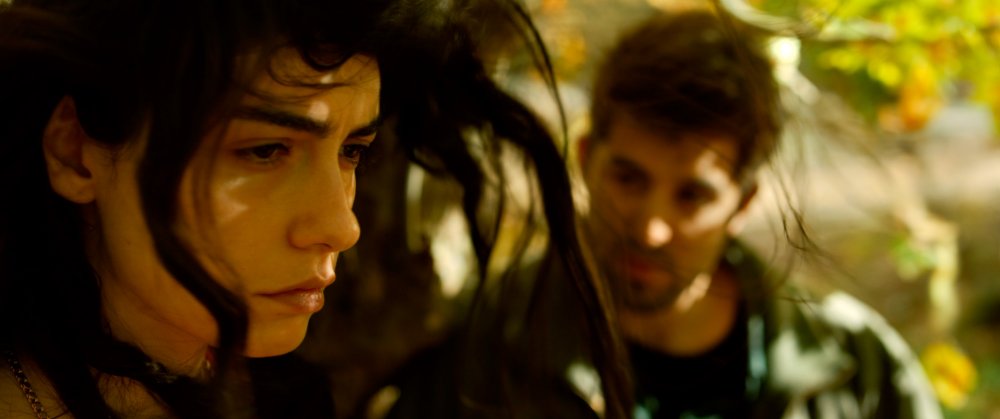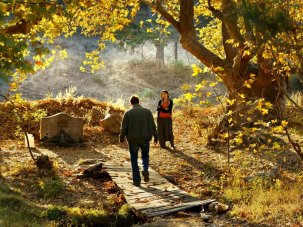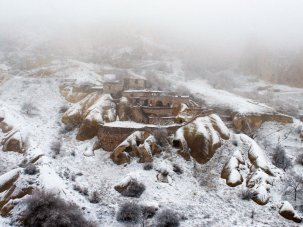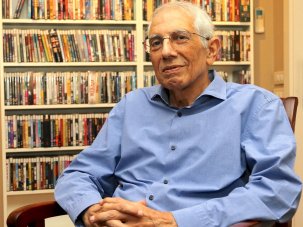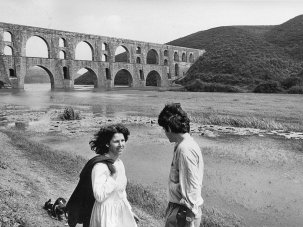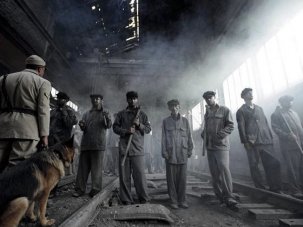You can’t go home again, or so the title of a posthumously published Thomas Wolfe novel once had it – though The Wild Pear Tree’s prodigal-son story concludes that Wolfe’s warning may be so much wishful thinking.
Turkey/Republic of Macedonia/France/Germany/Bosnia and Herzegovina/Bulgaria/Sweden 2018
Certificate 15 188 mins approx
Director Nuri Bilge Ceylan
Cast
Sinan Aydin Dogu Demirkol
Idris Murat Cemcir
Asuman Bennu Yildirimlar
Hatice Hazar Ergüçlü
Süleyman Serkan Keskin
[2.35:1]
Subtitles
UK release date 30 November 2018
Distributor New Wave Films
newwavefilms.co.uk
► Trailer
Turkish director Nuri Bilge Ceylan’s film begins as Sinan (Aydin Dogu Demirkol), newly finished at university, returns to his native village of Çan. Like Wolfe, whose fiction drew heavily on his boyhood in North Carolina, Sinan hopes to publish a collection of writing about his village – a village that he makes no bones about despising for its provincial small-mindedness.
Back in town, Sinan has become the very portrait of the poor boy educated beyond his station, unable to relate to the people he has left behind and the parochial lifestyle they’ve accustomed themselves to; he is equipped with dreams of creative glory but none of the means of achieving it. For his father Idris (Murat Cemcir), a compulsive gambler who has squandered the family’s funds, he holds a particular disdain, that special hatred we reserve for those we understand too well.
Ceylan gives us no indication whether Sinan is a talented writer, or even what exactly it is that he writes. Talking to potential sponsors of his literary career, such as the mayor or a local sand magnate, his descriptions linger on what he doesn’t want to write – a tourist tract that mentions either Troy, which is believed to have been at nearby Çanakkale, or the Battle of Gallipoli, which occurred in the area. He elsewhere refers to his opus as “a quirky metafiction meta-novel”, and is at one point seen reading Poe, whose dark-rimmed eyes Demirkol shares; and if his tastes are anything like Ceylan’s, he probably has a thing for the Russian writers paid tribute to in the closing credits of this film.
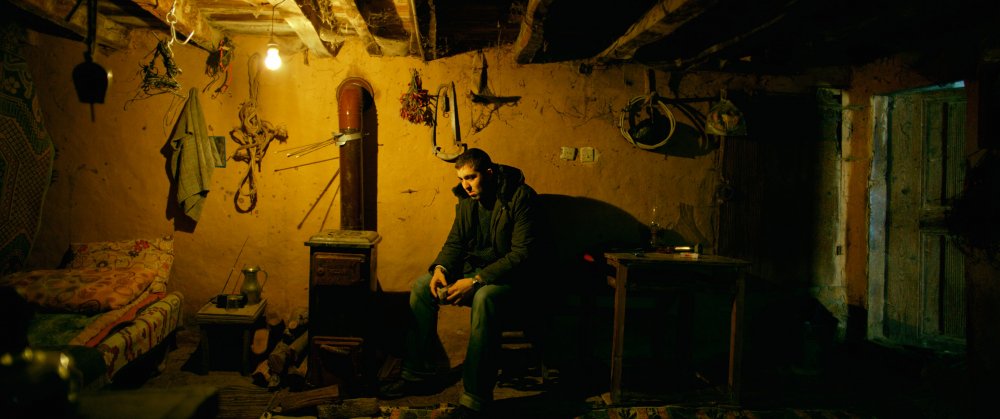
Just as relevant a reference, however, is a brief, jokey namecheck of Columbo. After watching The Wild Pear Tree, I am thoroughly convinced that Ceylan has been marathon-watching episodes of the Peter Falk show, which happens to quite precisely describe Sinan’s rhetorical style. Like Falk’s television detective, always keeping his foot in the door with his “Just one more thing…” interjections, whenever Sinan finds someone whose ear he can bend about whatever happens to be preoccupying him, he keeps after his target with a gnawing persistence.
Encountering two young imams in the rural uplands where his father keeps a farm, Sinan prods and cross-examines them with theological questions along the whole of their lengthy descent to the village below. Bumping into a well-known local writer at a bookshop, Sinan approaches the older man for advice, only to wind up subjecting him to something like pestering persecution, in the most wincingly funny bit of a movie whose miserablist comic sense strikes a vein somewhere between Dostoevsky and Albert Brooks. In both scenes, as throughout, Ceylan takes great care to ground these rhetorical flights in a concrete landscape, mapping the whole of the terrain crossed in a variety of cadenced camera gestures, conveying an aliveness to the environment and the specifics of topography that makes the film’s occasional unannounced slippages between lived and dreamed experience all the more jarring.
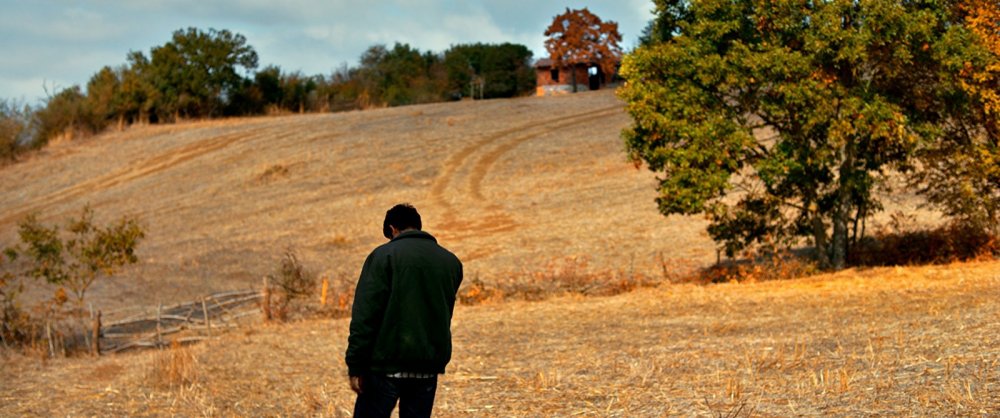
Sinan only rarely finds himself at a loss for words, the most noteworthy occasion being his encounter with a friend from school, Hatice (Hazar Ergüçlü̈), whom he fails to recognise under the headscarf that she has newly donned. During their initial exchange of catching-up pleasantries, the camera never leaves her, and the whole of their unspoken shared history and her inchoate anxiety is mapped out by the changing expressions that cross her face like passing clouds. She is preparing for marriage, she says, resigned to the provinces, she says, and shortly after a breeze rattles the autumn leaves with mysterious significance, she leaves him with a carnivorous kiss to remember her by.
We never see Hatice’s face again, but this scene hangs over the whole of the film, and lends credibility to a diagnosis of Sinan as an “incurably obsessed romantic” – a description that might be applied to a great many embittered and disappointed men whose interest in humanity is strictly in the abstract, including the misanthropes that have peopled Ceylan’s filmography since Muzaffer Ozdemir’s crabbed, closed-off photographer in 2002’s Uzak. Certainly it applies to Idris, who faces the world with a cracked, tobacco-stained grin that suggests a suppressed scream. Sinan’s loping, ambling progress through The Wild Pear Tree leads him towards a gradual acceptance of the family resemblance, and of his patrimony: a patch of parched farmland, a gift of the gab, a soul that stirs when the autumn wind blows and no means of turning that stirring to dreamed-of fame.
Sinan can go home again. In fact, he has no choice.
In the December 2018 issue of Sight & Sound
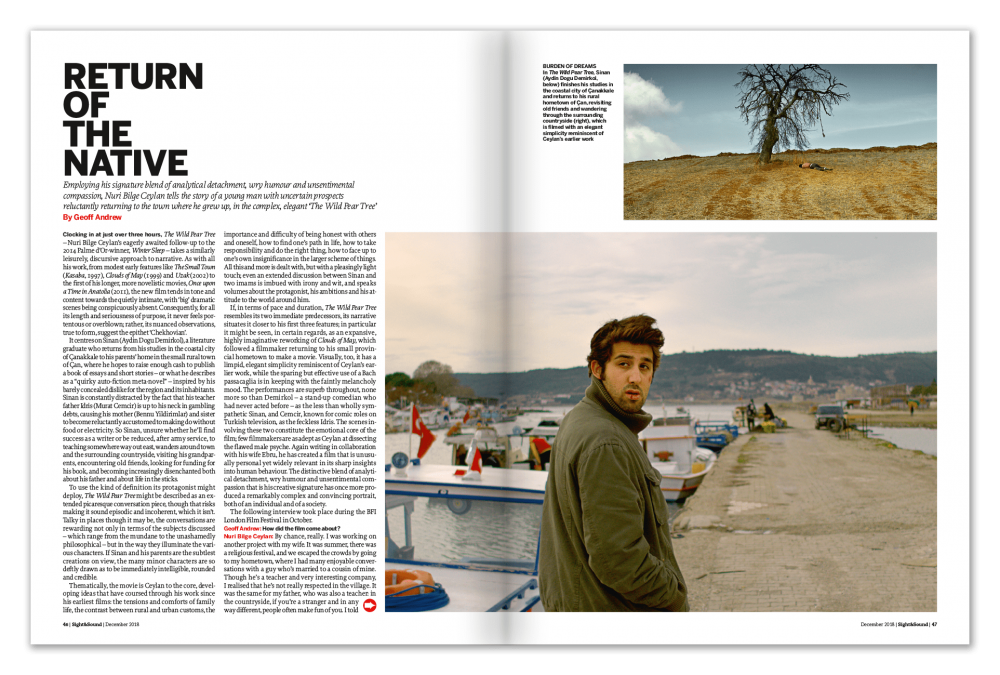
Return of the native
Employing his signature blend of analytical detachment, wry humour and unsentimental compassion, Nuri Bilge Ceylan tells the story of a young man with uncertain prospects reluctantly returning to the town where he grew up, in the complex, elegant The Wild Pear Tree. By Geoff Andrew.
-
Sight & Sound: the December 2018 issue

Boots Riley on his incendiary satire Sorry to Bother You, plus 9 to 5, The Ballad of Buster Scruggs, Mirai, Disobedience, The Wild Pear Tree,...
-
The Digital Edition and Archive quick link
Log in here to your digital edition and archive subscription, take a look at the packages on offer and buy a subscription.




